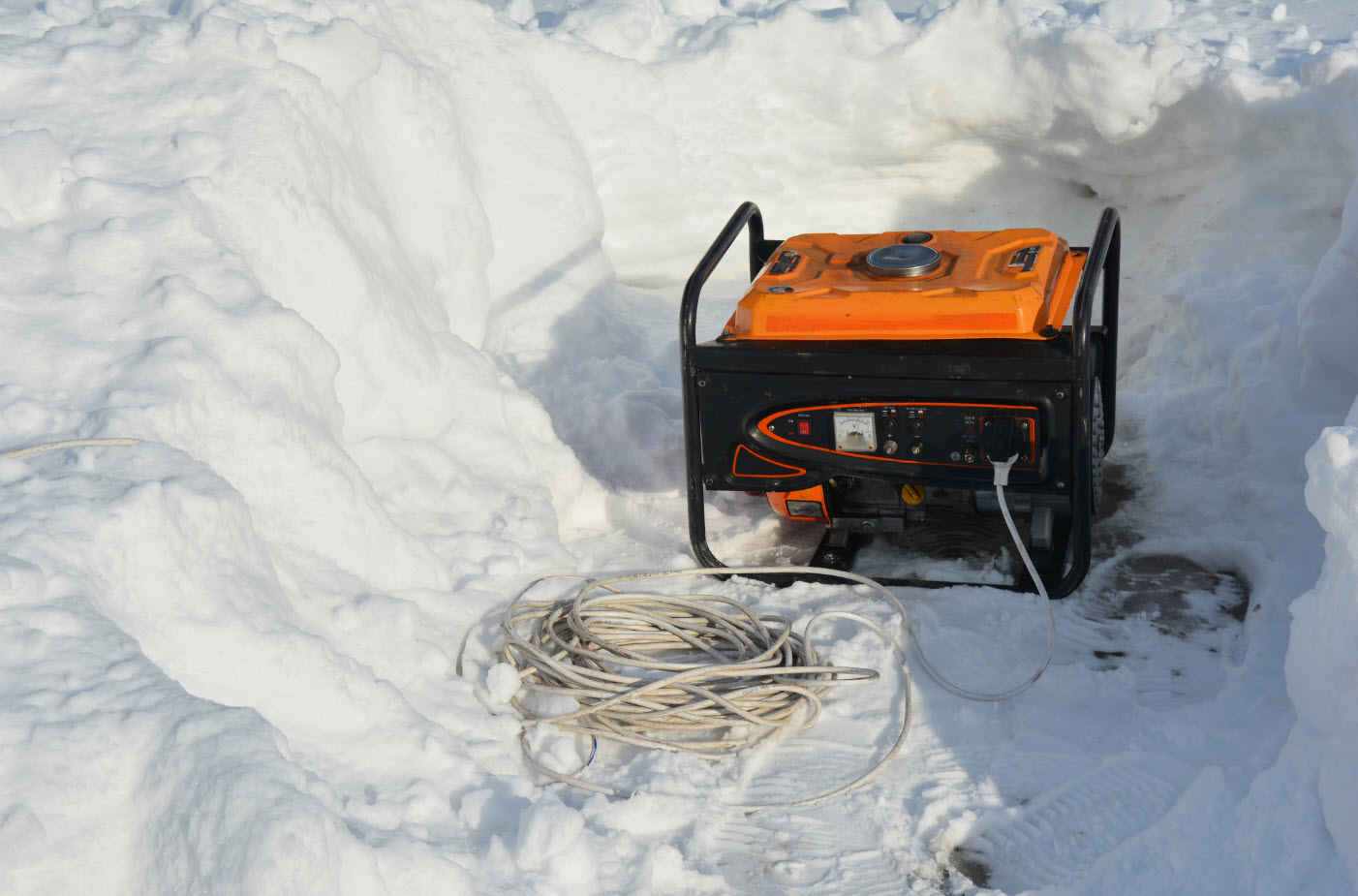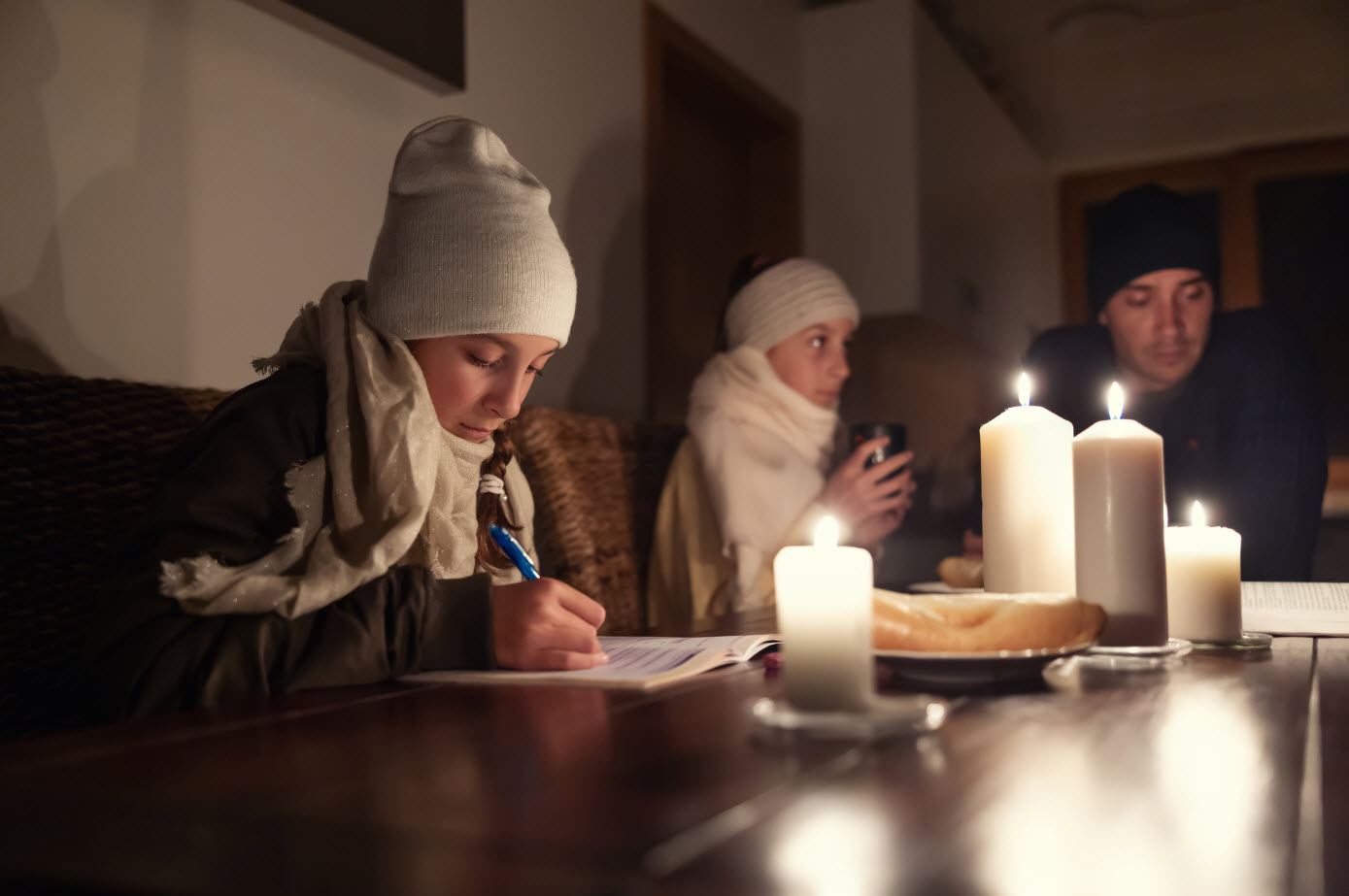With the possibility of winter storms causing power outages over the next few months, we’ve prepared our top five recommendations for what you can do before, during and after a winter outage to keep you, and your close ones safe.
We do our best to alert our customers of pending storms and possible outages by keeping up with weather events minute-by-minute. Be sure to visit our website and follow us on Twitter for the latest alerts and updates. If we believe there’s a risk of weather impacting our customers, we proactively communicate this information using a variety of methods including social media and email.
Five things to do before a winter storm hits
- Prepare an emergency kit today using our ultimate checklist here.
- Charge your cell phone when there’s a threat of a storm.
- If you require an uninterrupted supply of power for specialized medical equipment, ensure you have a back-up supply in place or a plan to relocate to a facility that can assist you.
- If you are a person with a mobility disability and live in a building that requires you to use an elevator, be sure to inform the building’s management that you may need assistance.
- Install a backup power supply for your sump pump. This will help avoid flooding during power outages.
Five things to do during a winter outage
- Hydro Ottawa relies on customer calls to help pinpoint the cause of an outage. You can submit a report online through MyAccount, or call our 24/7 outage line at 613-738-0188. Visit our website or follow along with us on Twitter for all the latest updates.
- Keep freezer and refrigerator doors closed as much as possible during an outage. Visit the Canadian Food Inspection Agency website for details on how long food will last during an outage.
- Only use camp stoves, and charcoal or gas barbeques outdoors.
- Only use generators outdoors. Exhaust fumes could lead to carbon monoxide poisoning if they are not properly vented. To prevent exhaust gases from entering the house, operate generators in well-ventilated conditions away from windows and doors, and be sure to follow the manufacturer’s instructions.
- If the winter outage is going to be lengthy: Once you’ve shut off the power to the water heater, turn off water at the main valve (usually found in the basement near the water meter), then open taps to drain the pipes (leave the taps open), flush toilets to empty them and drain appliances such as dishwashers and washing machines.
*Stay in your home only as long as you are safe, warm and have food and water. Emergency Warming Centres will be opened by the City of Ottawa should an emergency be declared. You can go there to get information, to stay warm, and for comfort and food. Locations will be broadcast on local radio and TV stations, as well as on the City’s Emergency Preparedness page and 3-1-1 hotline. We will also share these locations on our channels.
Five things to do after a winter outage
- If wires connected to your home were damaged, call a qualified electrical contractor for repair.
- Do not enter a flooded basement unless you are sure the power is disconnected.
- Turn on the main electric switch if it was turned off. Before doing so, ensure that appliances, such as electric heaters, TVs, microwaves and computers, were unplugged. This will help prevent damage from a power surge.
- Give the electrical system a chance to stabilize before reconnecting tools and appliances. Turn the heating-system thermostats up first, and then wait a few minutes before reconnecting the fridge and freezer. Wait 10 to 15 minutes before reconnecting all other tools and appliances.
- Open the main water valve if you closed it, and make sure that the hot water heater is filled before turning on the power to it.


